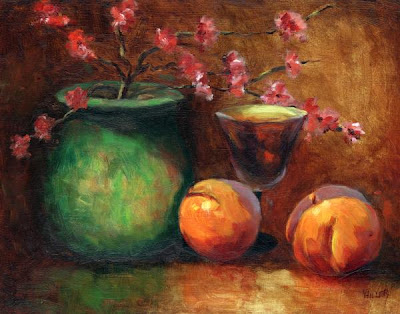I see you drinking at the fountain with tiny
blue hands, no, your hands are not tiny
they are small, and the fountain is in France
where you wrote me that last letter and
I answered and never heard from you again.
you used to write insane poems about
ANGELS AND GOD, all in upper case, and you
knew famous artists and most of them
were your lovers, and I wrote back, it' all right,
go ahead, enter their lives, I' not jealous
because we' never met. we got close once in
New Orleans, one half block, but never met, never
touched. so you went with the famous and wrote
about the famous, and, of course, what you found out
is that the famous are worried about
their fame - not the beautiful young girl in bed
with them, who gives them that, and then awakens
in the morning to write upper case poems about
ANGELS AND GOD. we know God is dead, they' told
us, but listening to you I wasn' sure. maybe
it was the upper case. you were one of the
editors, "her, print her, she' mad but she'
magic. there' no lie in her fire." I loved you
like a man loves a woman he never touches, only
writes to, keeps little photographs of. I would have
loved you more if I had sat in a small room rolling a
cigarette and listened to you piss in the bathroom,
but that didn' happen. your letters got sadder.
your lovers betrayed you. kid, I wrote back, all
lovers betray. it didn' help. you said
you had a crying bench and it was by a bridge and
the bridge was over a river and you sat on the crying
bench every night and wept for the lovers who had
hurt and forgotten you. I wrote back but never
heard again. a friend wrote me of your suicide
3 or 4 months after it happened. if I had met you
I would probably have been unfair to you or you
to me. it was best like this.
I'd love to know who this woman was; or was she just a figment?



























